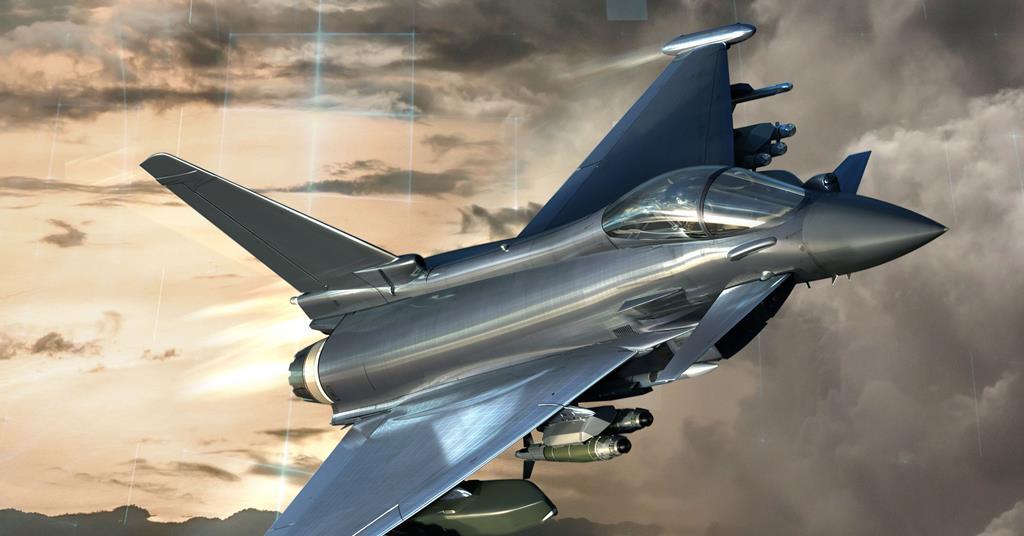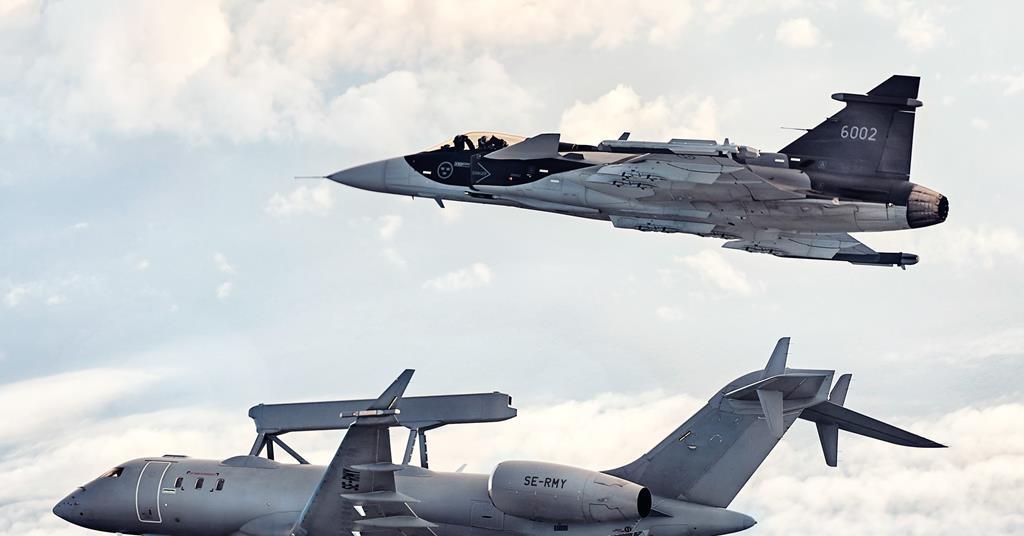Probe into Shorts 360 undershoot delayed after failure to realise severity
Company
Legal Links
Contact
- +44 7947 753363
- contact@skylineairporttransfers.co.uk
- 6 Walsall Street Bilston Wolverhampton WV14 0AT
Recent Posts
© Skyline Airport Transfers. Created by![]() Beaphoenix WebDesign ltd
Beaphoenix WebDesign ltd
Popular Locations:
Birmingham: Aston, Bournville, Edgbaston, Erdington, Great Barr, Hall Green, Handsworth, Harborne, Northfield, Quinton, Soho, Sutton Coldfield, Amblecote, Brierley Hill, Coseley, Cradley, Gornal, Halesowen, Kingswinford, Lye, Netherton, Sedgley, Stourbridge, Quarry Bank, Bearwood, Blackheath, Cradley Heath, Great Bridge, Old Hill, Rowley Regis, Smethwick, Tipton, Tividale, Wednesbury, West Bromwich, Balsall Common, Bickenhill, Castle Bromwich, Chelmsley Wood, Dorridge, Elmdon, Hampton in Arden, Kingshurst, Knowle, Marston Green, Meriden, Monkspath, Hockley Heath, Shirley, Aldridge, Birchills, Bloxwich, Brownhills, Darlaston, Leamore, Palfrey, Pelsall, Pheasey, Shelfield, Streetly, Willenhall, Bilston, Blakenhall, Bushbury, Compton, Ettingshall, Heath Town, Oxley, Penn, Tettenhall, Wednesfield, Burntwood, Lichfield, Cannock, Rugeley, KIDDERMINSTER, Brierly Hill,
STOURPORT-ON-SEVERN
Coventry: Allesley, Binley, Keresley, Stoke, Tile Hill
Leicester: Abbey Rise, Ashton Green, Aylestone, Beaumont Leys, Bede Island, Belgrave, Blackfriars, Braunstone, Braunstone Frith, Bradgate Heights, Clarendon Park, Crown Hills, Dane Hills, Evington, Evington Valley, Eyres Monsell, Frog Island, Goodwood, Hamilton, Highfields, Horston Hill, Humberstone, Humberstone Garden, Kirby Frith, Knighton, Mowmacre Hill, Netherhall, Newfoundpool, New Parks, North Evington, Northfields, Rowlatts Hill, Rowley Fields, Rushey Mead, Saffron, Southfields, South Knighton, Spinney Hills, Stocking Farm, Stoneygate, St. Matthew’s, St. Mark’s, St. Peters, Thurnby Lodge, West End, West Knighton, Western Park, Woodgate
Derby: Matlock, Ripley, Ashbourne, ILKESTON, SWADLINCOTE , BURTON-ON-TRENT, BAKEWELL,
ALFRETON, BELPER, HEANOR
Telford: Market Drayton, Newport, Shifnal, Broseley, Much Wenlock
Stoke: Stoke-on-Trent, Newcastle, Leek, Uttoxeter, Stone, Stafford
Worcester: Worcester, Droitwich, Pershore, Broadway, Evesham, Malvern, Tenbury Wells
Gloucester: Gloucester, Cheltenham, Stroud, Cirencester, Tewkesbury, Badminton, Berkeley, Blakeney, Chipping Campden, Cinderford, Coleford, Drybrook, Dursley, Dymock, Fairford, Lechlade, Longhope, LydbrookLydney, Mitcheldean, Moreton-in-Marsh, Newent, Newnham, Ruardean, Stonehouse, Tetbury, Westbury-on-Severn, Wotton-under-Edge.
Nottingham: Nottingham, Sutton-in-Ashfield, Mansfield, Newark, Southwell, Grantham, Sleaford
Leicester: Leicester, Hinckley, Loughborough, Melton Mowbray, Oakham Market, Harborough, Lutterworth, Wigston, Ashby-de-la-Zouch, Ibstock, Markfield
Oxford: Oxford, Kidlington, Chipping Norton, Thame, Wallingford, Didcot, Wantage, Abingdon, Banbury, Carterton, Woodstock, Bicester, Witney, Chinnor, Watlington
Chester: Chester, Deeside, Bagillt, Buckley, Holywell, Birkenhead, Preston, Wallasey, Wirral, Neston, Ellesmere Port, Prenton
Airports we serve:
BHX: Birmingham Airport
EMA: East Midlands Airport
LHR: London Heathrow Airport
MAN: Manchester Airport
LGW: London Gatwick Airport
LTN: London Luton Airport
SOU: Southampton Airport
BRS: Bristol Airport
LPL: Liverpool John Lennon Airport
LCY: London City Airport
STN: London Stansted Airport



UK investigators believe an undershot landing by a Shorts 360 freighter in the British Virgin Islands resulted from an unstable approach in the vicinity of thunderstorm activity.
But a full determination of the circumstances was thwarted by a two-month delay in notifying the Air Accidents Investigation Branch of the seriousness of the occurrence. The investigation authority states that the event could have resulted in the destruction of the aircraft.
While arriving on 6 November last year, the aircraft struck the lip of runway 07 at Lettsome airport, some 150m short of the threshold, and bounced before touching down close to the threshold.
But despite damage to runway lighting – and evidence of damage to the perimeter fence – the crew was unaware that the aircraft had struck anything.
No damage to the 360 was found during turnaround and the aircraft carried out a return flight to its base. During subsequent maintenance, contact marks were discovered on the left main-gear tyre that required its replacement.
Inspection of the airfield on the day of the event found a frangible light missing from the runway undershoot area, as well as damage to the boundary fence – the top of which lies just below the paved runway surface. Tyre marks were also found on the extreme end of the runway, which is 25m from the sea.
Airfield authorities reviewed CCTV footage to understand the origin of the damage, and saw that the 360 – which bears the US registration N915GD – had landed short.
The crew testified on 8 November that the weather had been “marginal” with “rain on all quadrants”, and that the aircraft had “probably” experienced a downdraught or low-level windshear – to which the crew responded with “power to arrest the descent” before landing “slightly short of the numbers”.
But while the airfield duty manager submitted a mandatory occurrence report on 9 November, the occurrence was not classified as a serious incident until 6 January this year.
“This delay, combined with a paucity of information about the circumstances and handling of the event, made it difficult for the investigation to gain a detailed understanding of what transpired,” says the inquiry.
“It is unclear whether the [captain] attempted to rescue the unstable approach or whether his application of power was the initiation of an unsuccessful go-around.”
The limited evidence available indicates the aircraft was some 80ft below the normal approach path when it touched down, and its left main-gear assembly hit the runway light.
“While the perimeter fence was found broken, it could not be conclusively determined the damage resulted from contact with [the aircraft’s] landing-gear,” the inquiry says.
“Given the profile of the undershoot short of the paved runway surface, the aircraft would not have needed to be much lower on the approach for hull loss to have been a credible outcome.”
Meteorological analysis could not determine whether the thunderstorm activity directly affected the airfield, but the inquiry says turbulence and windshear could be expected near an active cumulonimbus cell.
Source link
Share This:
skylinesmecher
Plan the perfect NYC Memorial Day weekend
Pack only what you need and avoid overpacking to streamline the check-in and security screening…
LA’s worst traffic areas and how to avoid them
Consider using alternative routes, such as Sepulveda Boulevard, which runs parallel to the 405 in…
Eurofighter wins contract to certificate Typhoon’s aerodynamic modification kit
A long-planned package of aerodynamic enhancements developed for the Eurofighter Typhoon has edged closer to…
How Gripen E/F, GlobalEye orders propelled fast-growing Saab in 2025
Saab has reported a record set of quarterly financial results for the last three months…
Air Algerie increases firm commitment to A330-900
Algerian flag-carrier Air Algerie has ordered another Airbus A330-900, the airframer’s latest backlog figures reveal.…
LATAM 777-300ER pilot’s 100t calculation error preceded tail-strike at Milan
Italian investigators have determined that a LATAM Boeing 777-300ER crew introduced a 100t weight error…
Probe opens after SAS A320neo aborts take-off from short Brussels taxiway
Investigators are examining the circumstances of a serious incident at Brussels airport in which an…
Saab targets 36 Gripen fighters per year with Brazil plant coming online
Swedish airframer Saab is aiming to significantly expand its production capacity for the latest E/F…
Snow diverts ferry flight of vintage-livery Lufthansa A321
Lufthansa has shown off an Airbus A321 painted in a vintage scheme as part of…
Russia’s S7 aims to take delivery of Tu-214s from 2029 through lessor GTLK
Russian operator S7 Group has signed a tentative agreement with state lessor GTLK covering the…
UK CAA seeks adoption of standardised flight emission data at booking
UK civil aviation regulators are expecting airlines and other travel organisations to adopt guidance by…
Silk Way West expects to start transition to A350Fs and 777-8Fs from 2028
Cargo operator Silk Way West Airlines is expecting to embark on the second phase of…